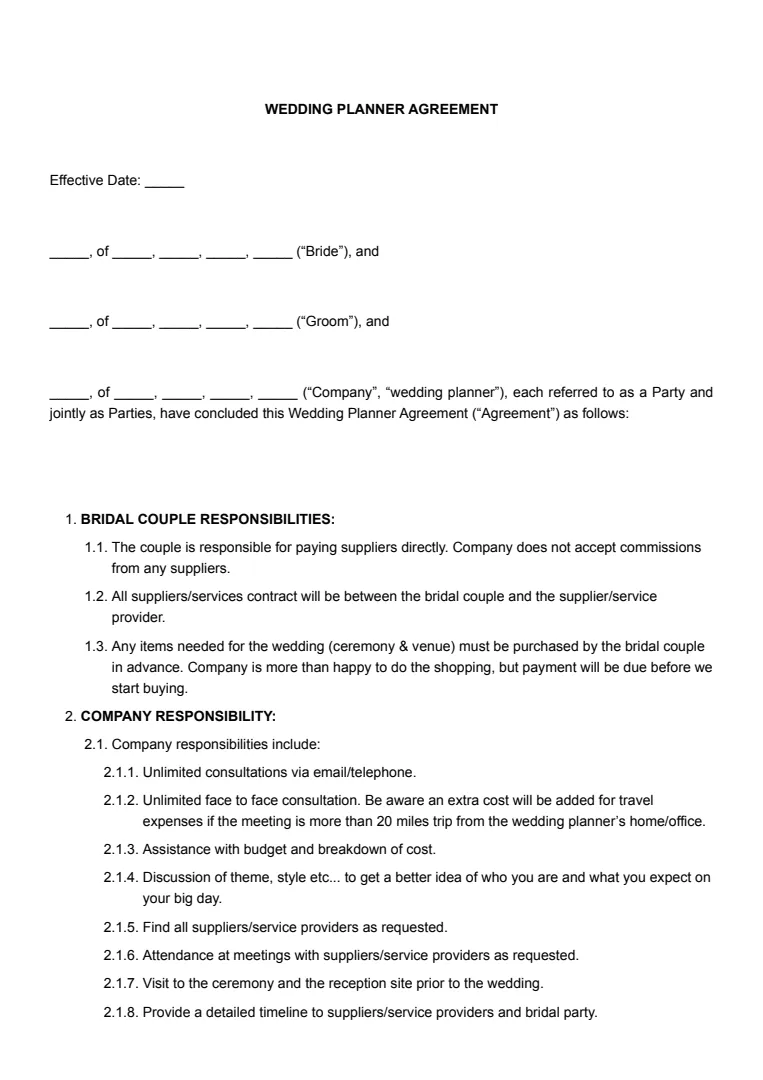What Is a Postnuptial Agreement?
A postnuptial agreement, commonly known as a postnup, is a legal document you and your spouse can create after getting married.
Think of it as a tool to outline how you’d like assets divided if you were ever to part ways.
Unlike a prenup, which is done before marriage, the postnup is handled once you're legally wed.
It can be an excellent choice for couples who didn't think about it before tying the knot or whose financial situations have changed.
The key elements of a postnup include the division of assets, liabilities, and spousal support. Both of you need to agree voluntarily and fully disclose your finances to make it valid.
Assets refer to property, savings or investments you own. Liabilities mean debts that you owe. Spousal support relates to financial support after separation.
You might opt for a postnup to protect an inheritance, manage family businesses, or solidify terms for future financial arrangements.
It's about ensuring financial security and clarity in your relationship.
While creating a marital agreement like this, ensure it's fair and lawful so it stands up in court.
Post-nuptial agreements can be tailored to your unique situation, providing peace of mind as you navigate your marriage.
When Is a Postnuptial Agreement Needed?
You might consider a postnuptial agreement when your circumstances change after marriage. These changes could involve inheriting significant assets or receiving a windfall that you'd like to protect.
Such agreements can be essential in ensuring that these new resources are handled in accordance with your wishes.
If you didn't sign a prenuptial agreement before the marriage but now wish to make financial arrangements, a postnuptial agreement is a good option. This can be especially important if your financial situation has shifted significantly since you tied the knot.
Another situation to think about is when you or your partner starts a new business. A postnuptial agreement can help clarify ownership and distribution of business assets in the event of a separation. This can help avoid conflict down the road.
Couples often contemplate a postnuptial agreement when there are children from previous marriages. You might want to ensure that certain assets are specifically designated for them, balancing your responsibilities and commitments to each party involved.
Changes in debt can also influence your decision. If either of you takes on substantial debt, you might want to protect your existing assets.
A postnuptial agreement can help outline responsibility so one person isn't left shouldering more than their fair share.
How to Write a Postnuptial Agreement
If you’re looking to create a do-it-yourself postnuptial agreement in the UK, you can follow these steps.
Step 1: Start With a Candid Conversation
It's crucial to start with an honest discussion with your spouse. Agree on the intention behind the postnuptial agreement and the assets to be included.
This conversation helps lay a foundation for drafting the document without coercion or pressure, ensuring that both parties consent voluntarily.
Step 2: Research Legal Requirements
Research the legal requirements in your jurisdiction, as these can vary. Different laws dictate what can and cannot be included in a postnuptial agreement.
Understanding the rules will help you create a document that is both valid and enforceable.
Step 3: Consult Legal Advice
Consulting legal advice at this stage is often a good idea. A solicitor can ensure the language and terms meet legal standards and that your rights are adequately protected.
They can also help identify any elements that might be legally contentious or unenforceable.
Step 4: Draft the Agreement
Draft the content of the agreement by clearly outlining asset distribution, financial responsibilities, and provisions for future circumstances such as divorce or separation.
The clearer each point is stated, the less room there is for misunderstanding. Be thorough yet concise in your descriptions.
Step 5: Have the Draft Reviewed
Once your draft is ready, consider having it reviewed by a legal professional. They can ensure the agreement meets legal standards and offer advice on any necessary changes.
This step adds an extra layer of protection to ensure the agreement is valid.
Step 6: Review and Sign the Final Document
After making any necessary revisions, both you and your spouse should review the final document carefully. Ensure that no details have been overlooked before both of you sign it, ideally in the presence of a witness.
This extra step secures its legitimacy as a legal document.
Using a postnuptial agreement template for the UK can help guide you in this process.













